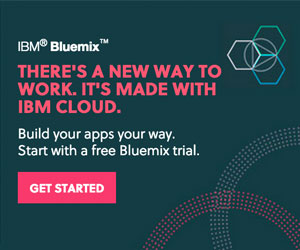IBM’s marketing, design and engineering teams are using Slack to collaborate and create new cognitive solutions, benefiting all users of the platform, as learnings will be passed on to developers.
This is just one part of IBM’s partnership with Slack, announced at October’s World of Watson in Las Vegas.
“Slack and IBM share the same vision for how AI can transform workplace efficiency,” said David Kenny, IBM Watson’s general manager in a press release. “The degree of leverage we can gain from enhanced cognitive capabilities becomes massive.”
https://www.youtube.com/watch?v=iSWxZJYxjUs
According to Kenny, combining Slack and Watson will make it easier for developers to build cognitive-enabled bots for Slack, propelling productivity.
In the same press release, Stewart Butterfield, CEO and co-founder of Slack, said: “This partnership with IBM and the work we are doing with Watson will accelerate our customers’ organizational intelligence and propel workplace productivity in dramatic new ways.”
Butterfield added that he wanted Slack to become better and smarter the more it was used, and “supercharge” people’s ability to find answers.
In pursuit of this goal, Slack will adopt Watson Conversation to improve the accuracy and efficiency of Slackbot, the customer service bot. Watson machine learning will also enable Slackbot to continuously improve its accuracy.
To learn more about IBM Watson’s capabilities, click here.



















 /newsrooms
/newsrooms
